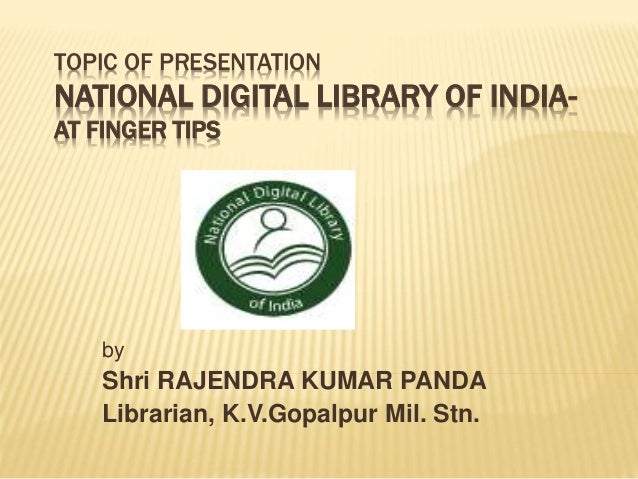

Or: "As they settled among darker aboriginals, the Aryans seem to have laid greater stress than before on purity of blood - and thus class divisions hardened." (36, Wonder that was India). "The Aryans anointed themselves the ruling class (= Brahmins and Kshatriyas), while the poor conquered Dravidians (Harappans), became the slaves, (= Vaishyas and Shudras)". To flout such an ignorance and contempt for India's culture and compare the visions of great sages who lived at least 5000 years ago, with the tales of the semi-barbarian Beowulf, is quite an achievement! Mr Basham also puts forward the eternal clichés propagated by Christian missionaries and "enlightened secularists" on the Indian caste system. 'and was somehow less advanced than that depicted in the Iliad".! (page 34, Wonder That was India). He appears to have absolutely no understanding of the greatness and importance of the Vedas, in which he sees only "a culture that bears a generic likeness to that of 'Beowulf', the earlier Icelandic sagas'.(nobody ever thought about that one).
#Indian national digital library full
Thirdly, although Mr Basham is full of praise for Indian (pre-Muslim) culture, art, language, sciences, village life, his views of Hinduism seem to be a little warped and reflect a strong Western bias. Then, like the majority of Western historians, he also post-dates most of the Vedic events - for then, their theory of, say Mohajan-daro being overrun by the Barbarian Aryans, would stand no more. Firstly, he erroneously takes as final the biased theory of an Aryan invasion, subjugating the Good Harappan (Dravidian) civilisation, a theory which I propose to dismantle in the next chapter. While there is no doubt that Mr Basham's book is a scholarly treatise, beautifully written, which casts a sympathetic and benevolent look at what he feels WERE some of the wonders of a bygone India, my book differs totally from his for many reasons. Basham's classic, "The Wonder that WAS India". Introduction This book does not pretend to be a historical treaty, neither on India, nor on other civilisations it only fleetingly uses events and people, in an attempt to go beyond the superficial views that have usually been held on India by many historians.įoreword Many historical books have been written about the greatness of India's past.

File Converted into HTML pages by Nalanda Digital Library under Etext Conversion Project (ECP) -Nalanda Digital Library National Institute of Technology,Calicut-673601,India


 0 kommentar(er)
0 kommentar(er)
